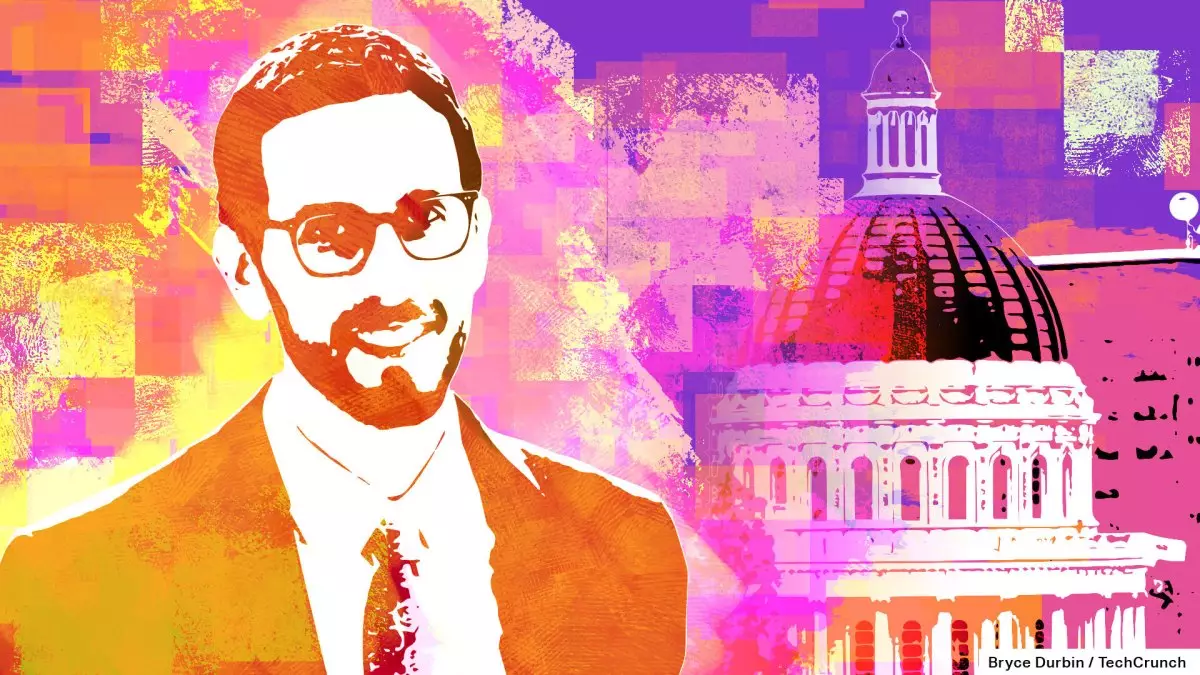OpenAI recently made headlines by expressing their opposition to California’s AI bill, SB 1047. In a letter addressed to California state Senator Scott Wiener and Governor Gavin Newsom, OpenAI argued that the bill would hinder innovation and drive talent away from California. They claimed that the state’s position as a global leader in AI is crucial for its economic growth, and SB 1047 would jeopardize that. OpenAI’s Chief Strategy Officer, Jason Kwon, emphasized the need for federal policies to regulate AI instead of state laws, in order to provide clarity and support for AI labs and developers while ensuring public safety.
OpenAI’s stance on SB 1047 is in line with the sentiments of other tech giants and industry leaders. Google, Meta, investment firm Andreessen Horowitz, as well as prominent AI researchers and California Representatives Nancy Pelosi and Zoe Lofgren have also expressed their concerns about the bill. Despite engaging in discussions with Senator Wiener’s office for months, OpenAI’s argument that SB 1047 would drive AI companies out of California was met with skepticism. Senator Wiener highlighted the fact that OpenAI failed to criticize specific provisions of the bill, and pointed out that the legislation applies to all AI model developers operating in the state, regardless of their headquarters’ location.
Reports indicate that OpenAI has paused plans to expand its San Francisco offices due to uncertainties surrounding California’s regulatory environment. While OpenAI has been a longstanding presence in the city, recent developments have prompted a reevaluation of their real estate strategy. The company’s reluctance to engage in the specifics of SB 1047 and their preference for federal oversight has raised questions about their future in California.
Senator Wiener countered OpenAI’s arguments by emphasizing the importance of state-level legislation in the absence of comprehensive federal regulation. Pointing to past instances where California led the way in privacy laws, Wiener suggested that SB 1047 serves a vital role in setting standards for AI models operating in the state. Despite amendments made to the bill to address industry concerns, OpenAI remains unconvinced of its merits.
As SB 1047 advances towards a final vote in California’s Assembly, the fate of the legislation hangs in the balance. Governor Newsom’s position on the bill remains uncertain, but the potential for industry backlash looms large. The debate over California’s AI bill underscores the complexities of regulating emerging technologies and balancing innovation with accountability.
The clash between OpenAI and California policymakers highlights the ongoing challenges in governing AI technologies. While both sides present valid arguments, the ultimate resolution will require a delicate balancing act between fostering innovation and safeguarding the public interest. As the landscape of AI continues to evolve, the need for robust regulatory frameworks becomes increasingly apparent. Only time will tell how this debate unfolds and what it means for the future of AI development in California and beyond.

